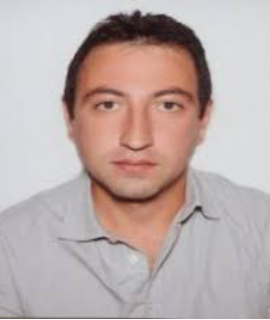Abstract:
Objective: Epileptic encephalopathies are a devastating group of electroclinical syndromes with early onset of drug?resistant seizures in which the epileptiform abnormalities may contribute to progressive dysfunction or developmental stagnation and consequent cognitive and behavioral impairments. A genetic etiology can be identified in a considerable proportion of patients with epileptic encephalopathy. Most have de-novo dominant mutations, but a growing proportion of patients has a polygenic inheritance in which the interaction of several genetic variants is responsible for the phenotype. The increased efficiency and the reduced cost of next-generation sequencing tests promoted their implementation into the routine diagnostic process. Whole-exome sequencing (WES) is a technique for comprehensively sequencing all the proteincoding regions of the genome (~20,000 genes). It has proven successful in identifying undiagnosed genetic disorders in many patients with a broad phenotypic spectrum.
Methods: We report our experience in the use of WES as a first-tier molecular test in 28 patients with undiagnosed epileptic encephalopathies at Oasi Research Institute-IRCCS, Troina, Italy. The test was performed on probands and their unaffected parents (trio analysis). Each genetic variant found has been compared to known variables in main polymorphism and mutation databases and a deeply in silico analysis for predicting pathogenicity was performed. All variants found were confirmed by sanger sequencing.
Results: about 40% of patients received a genetic diagnosis. And we have detected three new possible candidate genes for epileptic encephalopathies. Our data highlight the clinical utility and feasibility of WES in individuals with undiagnosed forms of epileptic encephalopathies.




